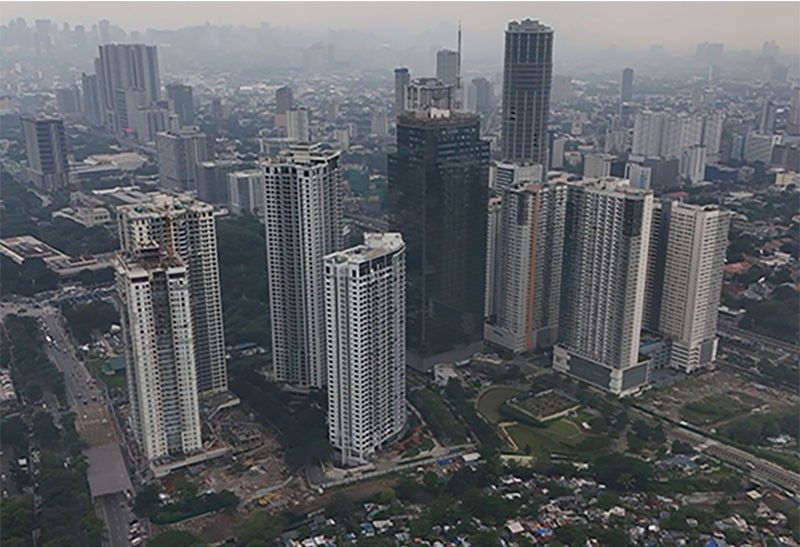Philippines seeks top 20% spot in World Bank’s Business-Ready report

MANILA, Philippines — The Philippines is aiming to be part of the top 20 percent of countries covered by the World Bank’s Business-Ready or B-Ready report, which assesses economies’ business and investment climate.
“We should be in the top 20 (percent). That is our aim,” Anti-Red Tape Authority (ARTA) Director General Ernesto Perez told reporters during the 2024 Ease of Doing Business Convention yesterday, when asked for the target in the B-Ready report.
He said the Philippines is not expected to be part of next year’s edition of the B-Ready report, but will be included in 2026.
“In 2026, that’s our aim. And we’re pretty confident because all of those reforms, initiatives are already laid down,” Perez said.
The B-Ready report tracks economies’ performance in terms of three pillars: regulatory framework, public services and operational efficiency.
In the B-Ready report released earlier this month, the Philippines was in the top 40 percent out of 50 economies in terms of regulatory framework, but will need to make improvements in the two other pillars.
In particular, the Philippines ranked 16th out of 50 economies as it got a score of 70.68 out of 100 in terms of regulatory framework.
In the public services pillar, the Philippines placed 24th with its score of 50.80.
As for operational efficiency, the Philippines was in the 36th spot with its score of 57.95.
In assessing the business and investment climate, the B-Ready report also looks at 10 topic areas: business entry, business location, utility services, labor, financial services, international trade, taxation, dispute resolution, market competition and business insolvency.
Gonzalo Varela, World Bank lead economist for the Philippines said that of the 10 topic areas, the country will need to focus on reforms in business entry.
“Business entry – this is a crucial one because in a way, regulations or poor implementation of regulations that prevent business entry are barriers to competition or barriers to have more dynamic business environment and therefore, you have no competition, no job creation,” he said.
He said other areas where there are substantial gaps that need to be addressed in the country are business location, market competition and business insolvency.
Perez said the ARTA would be focusing on how to make improvements in the process of starting and closing a business by working with other agencies like the Securities and Exchange Commission, Philippine Health Insurance Corp., Home Development Mutual Fund, Social Security System, Bureau of Internal Revenue and Department of Trade and Industry.
“That is where it begins. When you decide to engage, you have to register your business. For investors, if the first impression is it’s difficult to register your business, they will pull out. But if you give them the impression that in the Philippines, it’s so easy to register one’s business and even close it, we will really encourage more investment in the country,” he said.
The ARTA will be holding consultations next month for the government’s B-Ready Roadmap, which is expected to be completed by June next year.
Perez said 112 local government units are now compliant with the electronic business one-stop shop (eBOSS) required under the Ease of Doing Business and Efficient Government Service Delivery Act.
Full compliance to eBOSS requirement means the LGU has fully automated the process from the filing of application and submission of requirements, processing, payment of fees to the issuance of the business permit.
While ARTA’s target is to have 200 LGUs to be fully compliant with the eBOSS requirement within the year, ARTA deputy director general Gerald Divinagracia said the total number may just reach 120 this year given challenges.
Asian Institute of Management - Rizalino S. Navarro Policy Center for Competitiveness advisory council chairman Guillermo Luz said the country’s overall goal should go beyond a higher competitiveness ranking.
“Our ultimate goal has to be increased investments, economic growth and greater inclusive growth where we see significant drops in poverty incidence and corresponding growth of our middle class,” noting it is only by growing the middle class that the country will achieve genuine economic development.
- Latest
- Trending





























